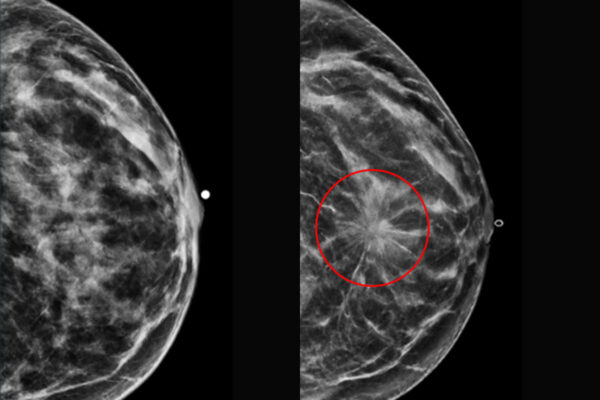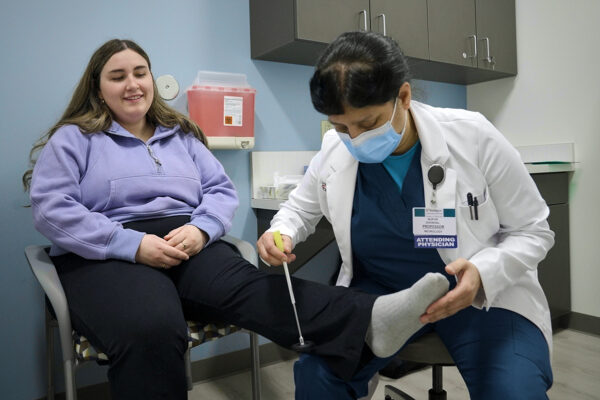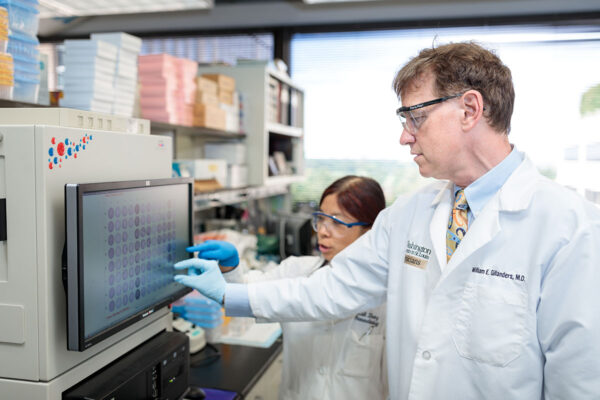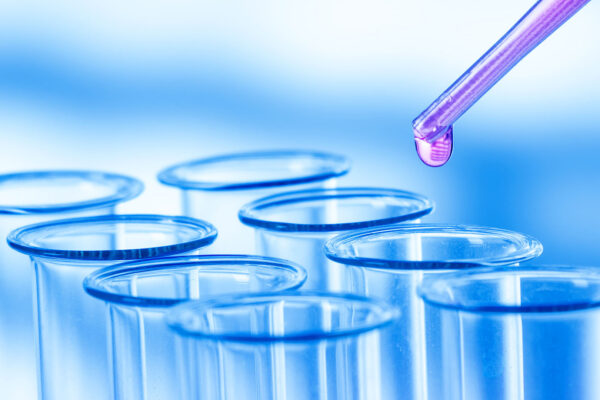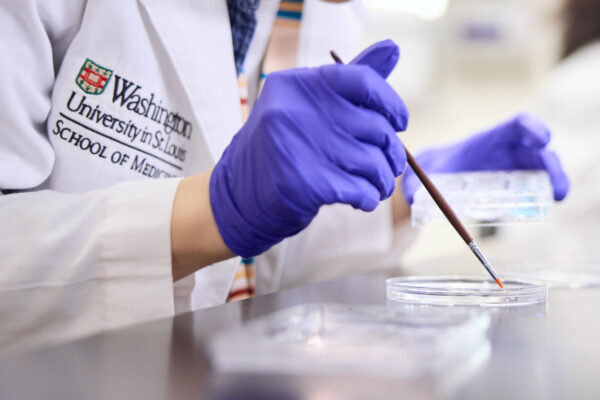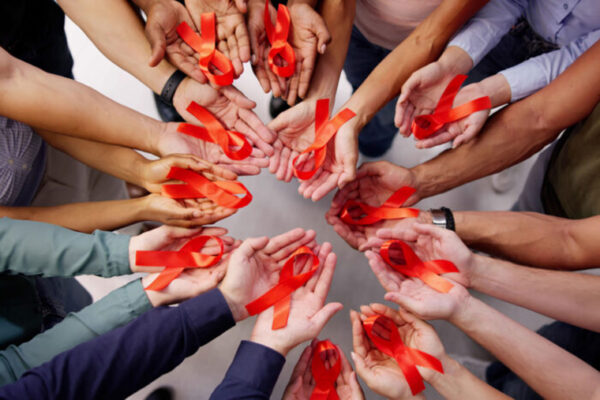At WashU, groundbreaking research is at the heart of our mission. It shapes the future of medicine and improves lives both locally and globally. Federal support for research enables groundbreaking advances in the understanding, diagnosis and treatment of illnesses and propels our relentless pursuit of improvements in medical care.
This spirit of innovation extends beyond the laboratory. We are proud of our global reputation for excellence in teaching, research and patient care. At WashU, we empower our community through initiatives that inspire change and ignite new ideas. Collaboration is key; faculty, researchers and students blend diverse perspectives to push boundaries and redefine possibilities. Together, we are not just imagining a brighter future — we are actively creating it.
Better health
Better health
The top 20% of high-income, college-educated Americans have far lower rates of cardiovascular disease than the rest of the population, WashU public health researchers find.
A new, artificial intelligence-based method of analyzing mammograms, developed by researchers at WashU Medicine, identified individuals at high risk of developing breast cancer more accurately than the standard, questionnaire-based method did.
The first participants have been enrolled in an international clinical trial, led by WashU Medicine, aimed at preventing Alzheimer’s disease in young adults at high risk of the disease.
A small clinical trial conducted at WashU Medicine shows promising results for patients with triple-negative breast cancer who received an investigational vaccine designed to prevent recurrence of tumors.
WashU Medicine researchers have designed, in mice, an approach to minimizing the damage from a spinal cord injury through the use of engineered immune cells.
A multidisciplinary team led by WashU chemists repurposed an antimalarial drug in the fight against antibiotic resistance.
WashU rises in the National Academy of Inventors’ annual global ranking of patent awards.
Two WashU students discover a healthier way to start the day.
Researchers at the McKelvey School of Engineering have developed a sensor that detects airborne H5N1 avian flu and can be used on poultry and dairy farms.
In St. Louis, for St. Louis
In St. Louis, for St. Louis
The Undiagnosed Diseases Network at WashU Medicine plans to increase outreach to medically underserved communities and boost the number of patients seen.
A new project called NutriConnect will compare the effectiveness of two produce prescription approaches for encouraging healthy eating and addressing food insecurity.
A team from WashU Medicine and Saint Louis University have established the Midwest Developmental Center for AIDS Research to help end the HIV epidemic in the region.

